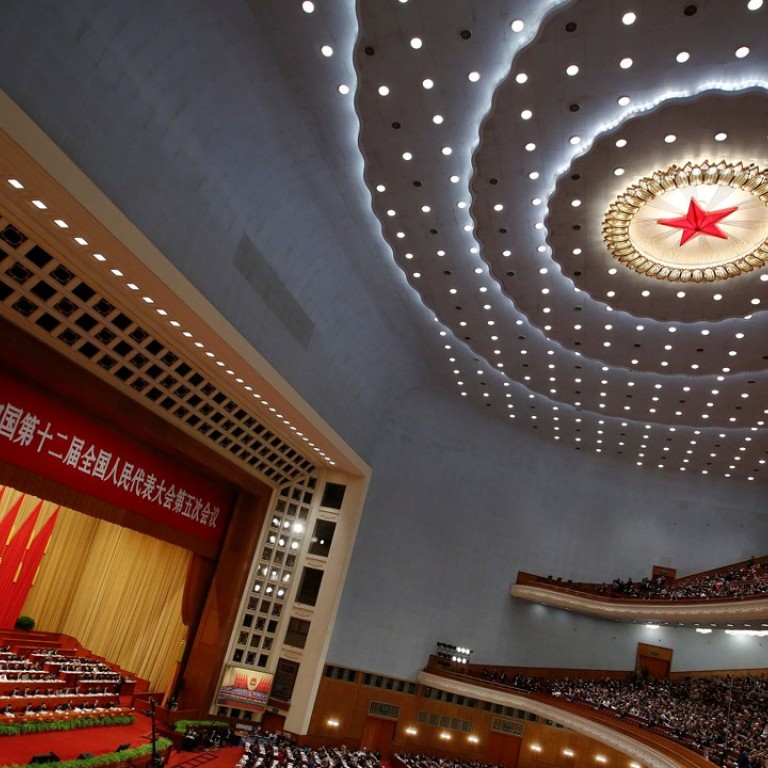
Draft law details sweeping powers of China’s new anti-graft super-ministry
New commission will be able to investigate, interrogate and detain government workers, as well as freeze their assets and seize property
China’s legislature has released the first public draft of a law giving a nascent super-ministry powers to detain, investigate and punish public servants, widening Chinese President Xi Jinping’s signature war on graft.
A National Supervisory Commission that combines several anti-graft bodies, set to be launched next year, will spearhead Xi’s campaign and expand its scope beyond the ruling Communist Party to any civil servant.
At last month’s five-yearly party congress, Xi pledged to continue the campaign to root out deep-seated corruption in the party, which has ensnared more than 1.3 million officials.
The public has a deadline of December 5 to comment on the draft, but the largely rubber-stamp legislature did not say when the final law would be implemented.
The new commission will be empowered to investigate, interrogate and detain government workers, as well as freeze their assets and seize property, according to the draft released by the National People’s Congress.
The new law would further centralise the power of anti-graft investigations and apply to bureaucrats, including teachers at government schools and managers at state-owned enterprises.
The draft gave new details of a detention system to replace a controversial practice of questioning suspects at undisclosed sites without legal representation, known as shuanggui, which rights activists say carries the threat of torture and abuse.
The new measures could be used when the case was “major” or “sensitive”, when a subject was at risk of fleeing or suicide, or when there was danger of collusion or evidence tampering or other forms of obstruction to the investigation, the draft said.
Detained suspects must sign off on all confessions and their family or work unit should be notified within 24 hours, it added, with a three-month limit on the interrogation that can be doubled in “special circumstances”, which it did not specify.
The draft includes measures to monitor the finances of those suspected of graft, to avoid their fleeing overseas.
Separately, the party’s official People’s Daily on Monday provided front-page details of trial commissions launched in January in Beijing, and the eastern province of Zhejiang and northern Shanxi.
In Zhejiang, the commission handled roughly 24,000 cases from January to August, more than double the number handled by the authorities a year earlier, Xinhua said.
In Shanxi, the total number of people overseen by anti-graft authorities jumped to 530,000 from 131,500, it said.

